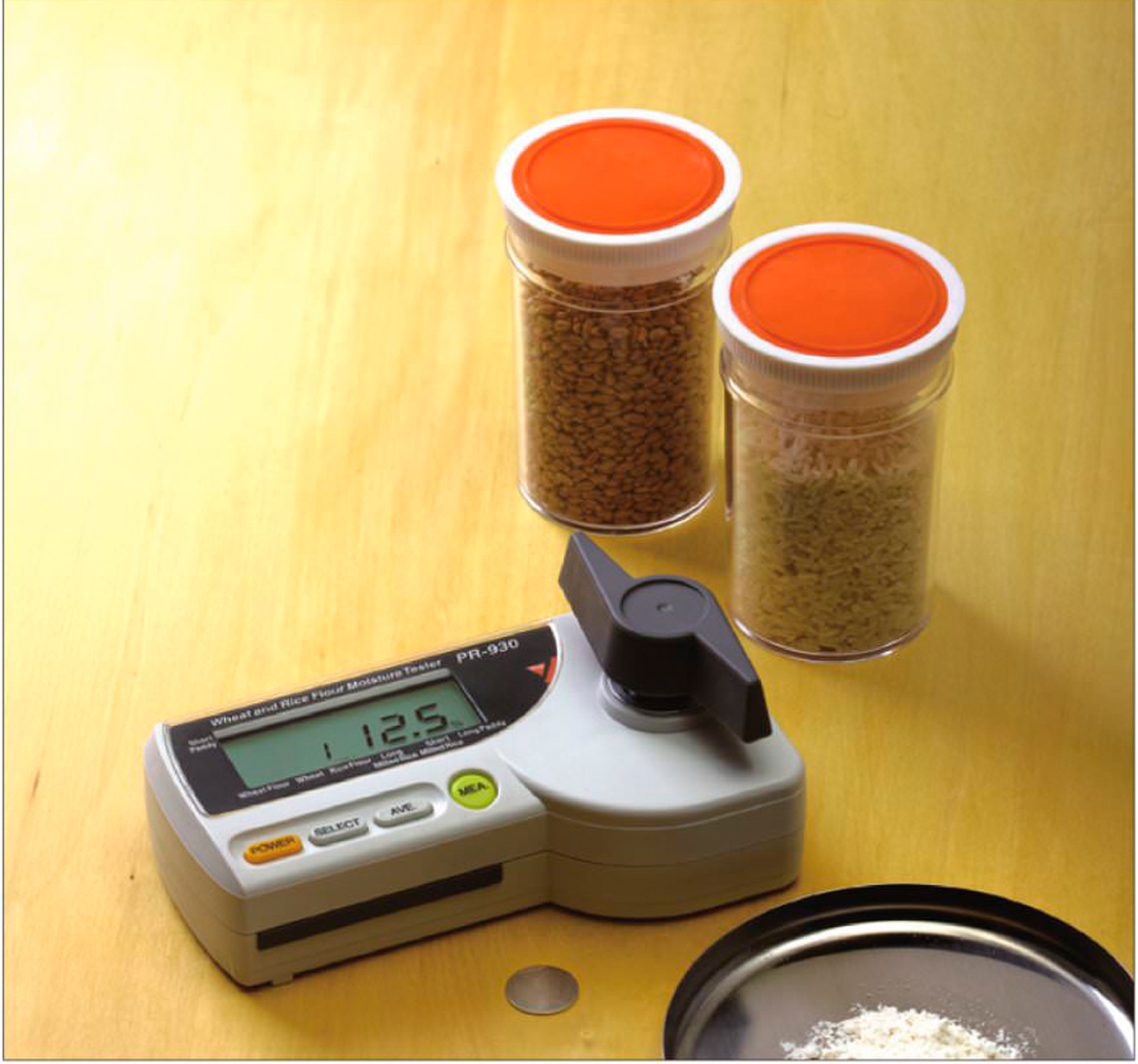The Ultimate Overview to Dampness Meters: A Comprehensive Summary and How They Can Save You Cash
Dampness meters offer as essential tools in identifying and keeping track of moisture content in materials, assisting in preventing costly problems and making certain the quality of items. Recognizing the nuances of different kinds of wetness meters, their applications, and the potential cost-saving benefits they offer can be a game-changer for businesses and experts alike.
Sorts Of Wetness Meters
One usual type is the pin-type dampness meter, which determines the electric resistance between 2 pins placed right into a product. Pinless dampness meters, on the other hand, use electromagnetic sensor plates to check a bigger location without creating damages to the material's surface area.

Additionally, there are additionally specialized dampness meters designed for certain products like soil, hay, or grain. These meters supply exact moisture analyses customized to the special residential or commercial properties of the material being checked. Infrared wetness meters gauge the thermal properties of a product to establish its dampness web content non-invasively, making them helpful for applications where pin or pinless meters may not appropriate. Comprehending the various sorts of dampness meters available can help industries choose the most appropriate tool for their specific moisture measurement requirements.

Benefits of Using Wetness Meters
Wetness meters supply very useful advantages in accurately checking and assessing dampness levels in diverse products and environments. One of the primary advantages of utilizing wetness meters is the avoidance of potential damage triggered by excess wetness.
Additionally, making use of wetness meters can cause boosted power efficiency. By determining locations with high moisture degrees, such as leakages or poor insulation, modifications can be made to enhance power preservation and decrease utility prices. In agricultural setups, wetness meters play a critical function in enhancing plant yields by enabling farmers to monitor dirt dampness levels and make notified watering decisions. On the whole, the benefits of using moisture meters span throughout different markets, offering economical options and promoting far better high quality control techniques.
Just How to Select the Right Moisture Meter
When choosing a moisture meter, it's necessary to make sure that the meter is suitable for the certain material you will be screening. Different products have varying electric residential properties that can influence dampness analyses, so picking a meter developed for your product is essential for exact results. By thoroughly examining these aspects, you can choose a dampness meter that satisfies your needs and gives precise dampness measurements for your tasks.
Correct Methods for Dampness Meter Usage

Cost Savings Through Dampness Meter Applications
Just how can the tactical application of dampness meters bring about significant expense financial savings across various markets? Wetness meters play a critical function in price savings by stopping potential damage and making certain quality assurance in different markets. In the Get More Info agriculture market, moisture meters aid in figuring out the optimal time for gathering crops, stopping excess or over-drying dampness that can impact the end product's top quality. This precise tracking assists farmers stay clear of unnecessary losses and maximize their return.
In a similar way, in building, moisture meters assist stop pricey damages by detecting moisture degrees in structure products, such as timber or concrete, which can result in structural concerns if not attended to without delay. By recognizing issue locations beforehand, specialists can take rehabilitative measures to avoid considerable repair work or replacements, ultimately conserving time and cash.
Moreover, in the food handling industry, moisture meters are important for monitoring product top quality and ensuring conformity with safety and security laws. By properly gauging moisture content in food, manufacturers can stop spoilage, keep quality, and lower waste, causing substantial cost savings. On the whole, the critical application of wetness meters is an important investment that can lead to substantial expense decreases and boosted efficiency across various markets.
Final Thought
In final thought, dampness meters are useful tools for gauging and discovering dampness levels in various products. By utilizing the ideal moisture meter and complying with appropriate strategies, users can successfully prevent costly damages triggered by excess dampness.
Wetness meters serve as crucial devices in discovering and keeping an eye on moisture content in materials, aiding in preventing expensive damages and making sure the quality of items. Infrared moisture meters measure the thermal residential or commercial properties of a material to original site establish its moisture material non-invasively, making them valuable for applications where pin or pinless meters might not be suitable.Moisture meters provide indispensable benefits in properly analyzing and keeping track of wetness degrees in diverse products and environments. In farming setups, wetness meters play a crucial duty in optimizing crop returns by allowing farmers to keep track of soil wetness degrees and make notified irrigation decisions.In conclusion, dampness meters are beneficial tools for identifying and measuring moisture levels in different products.